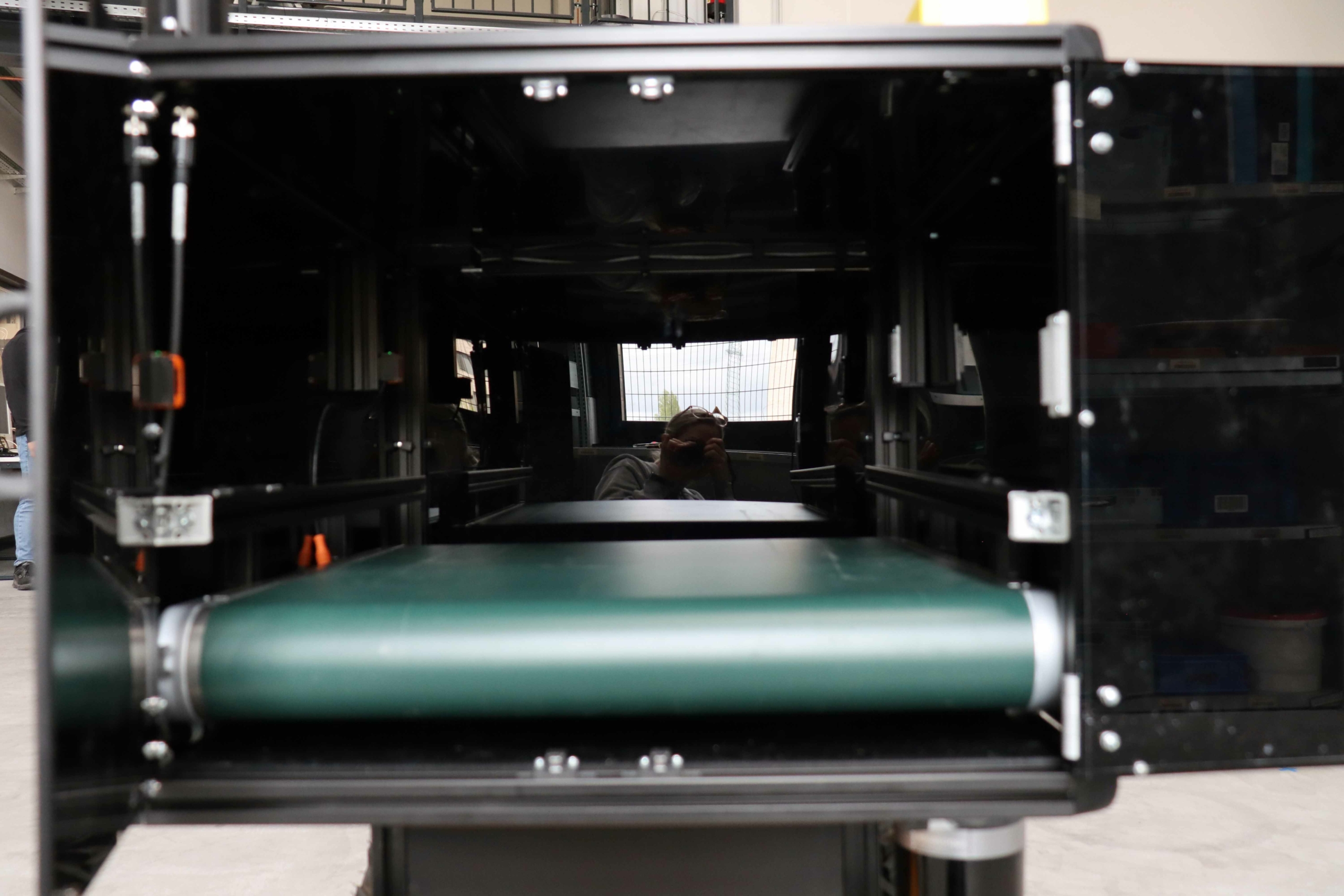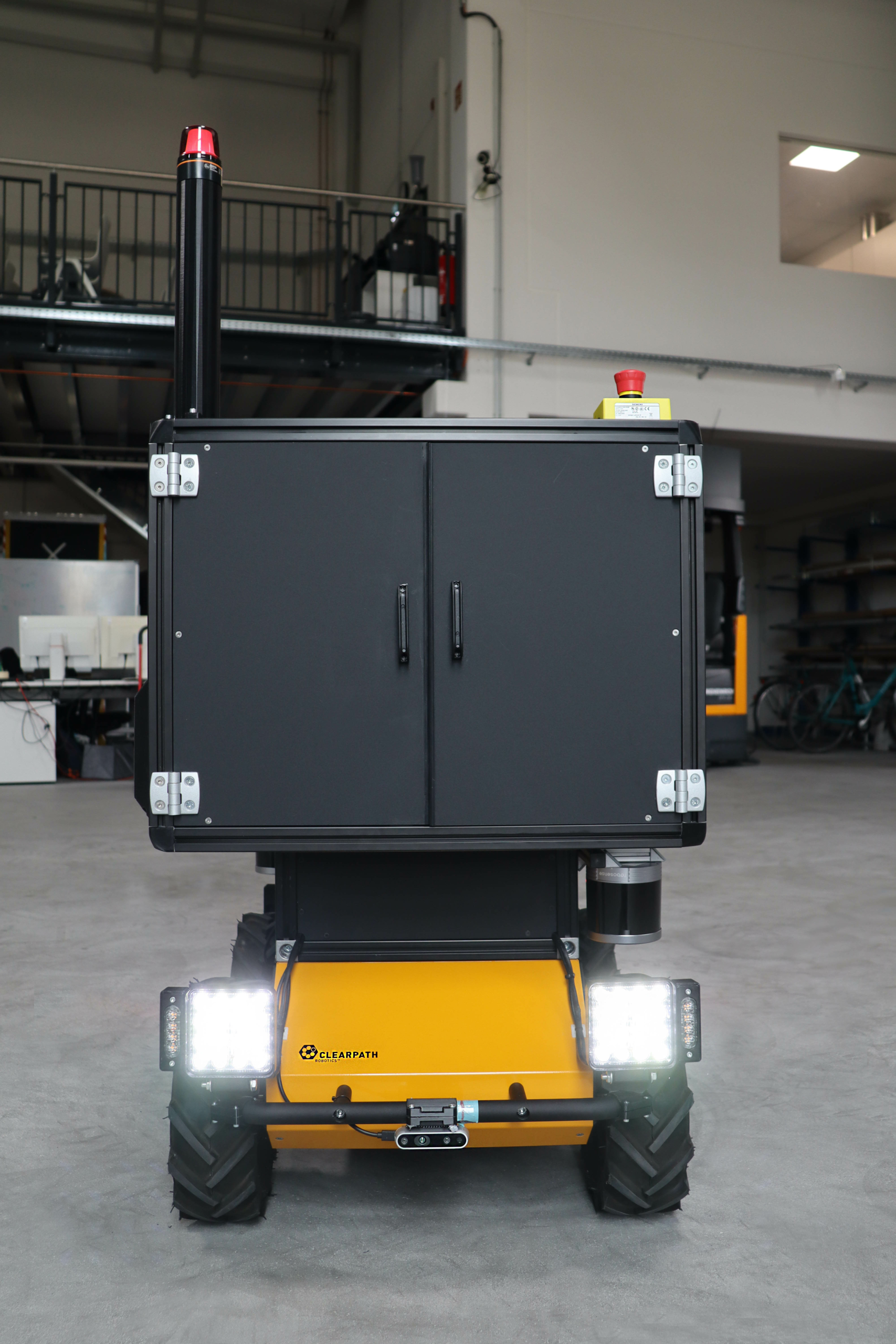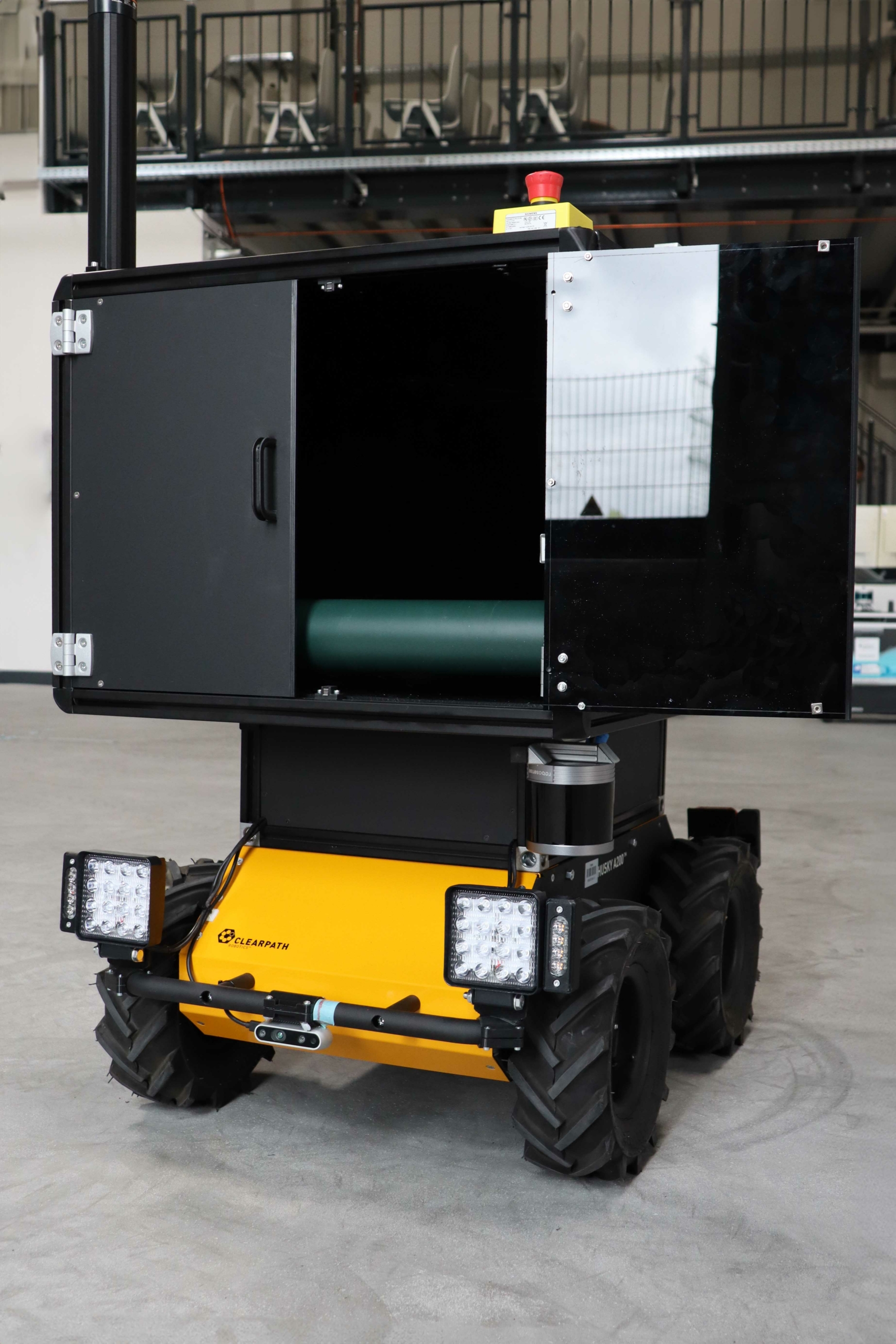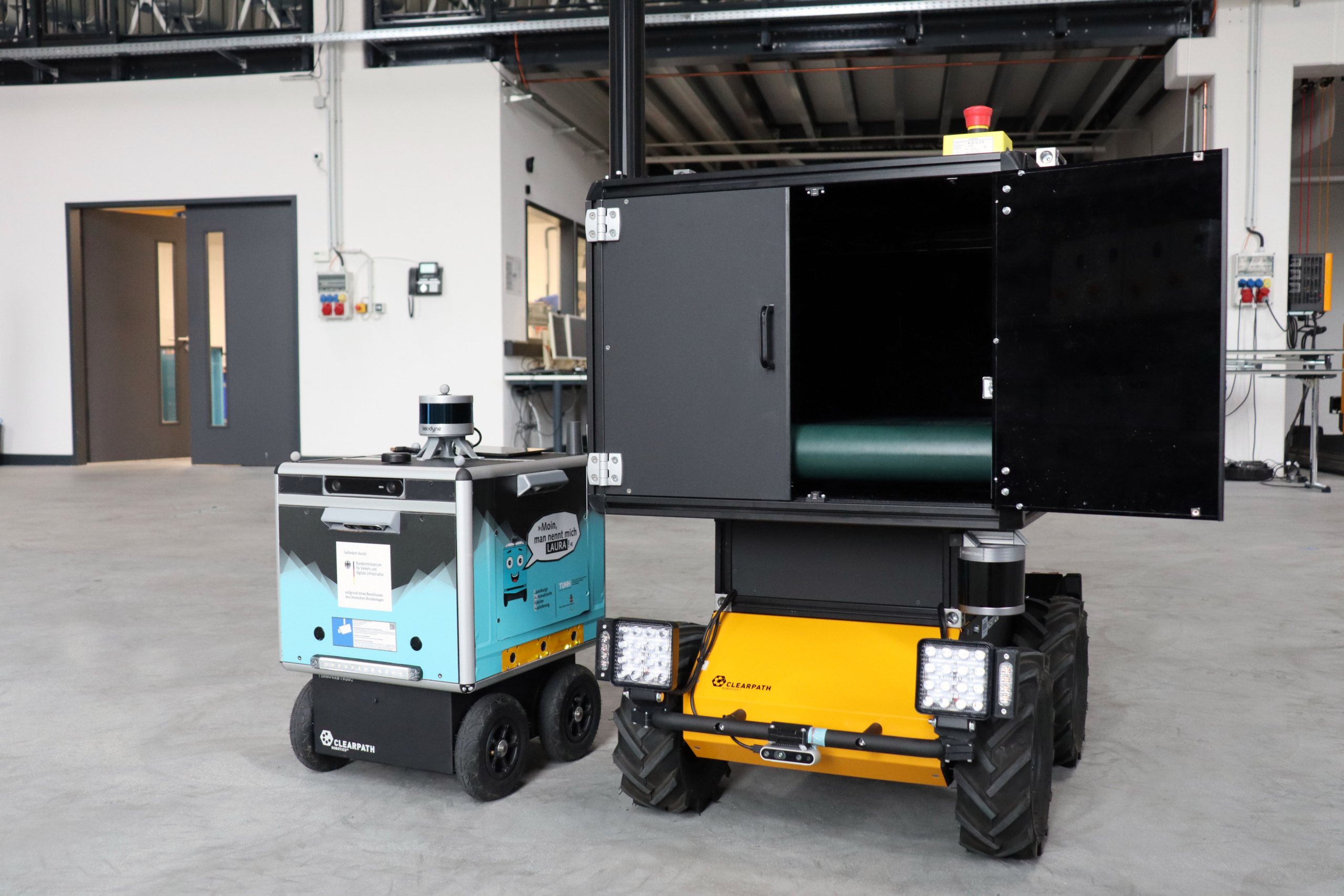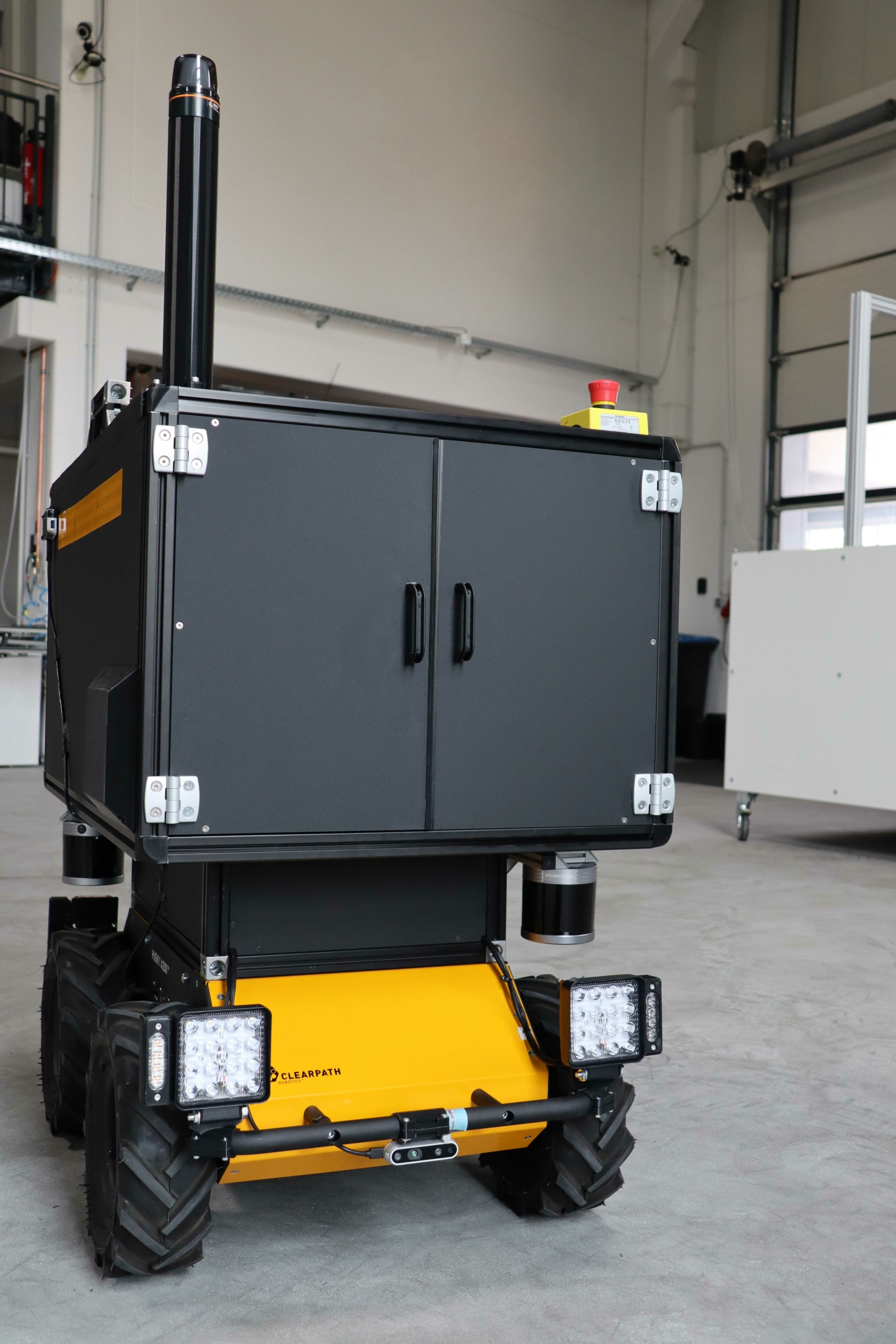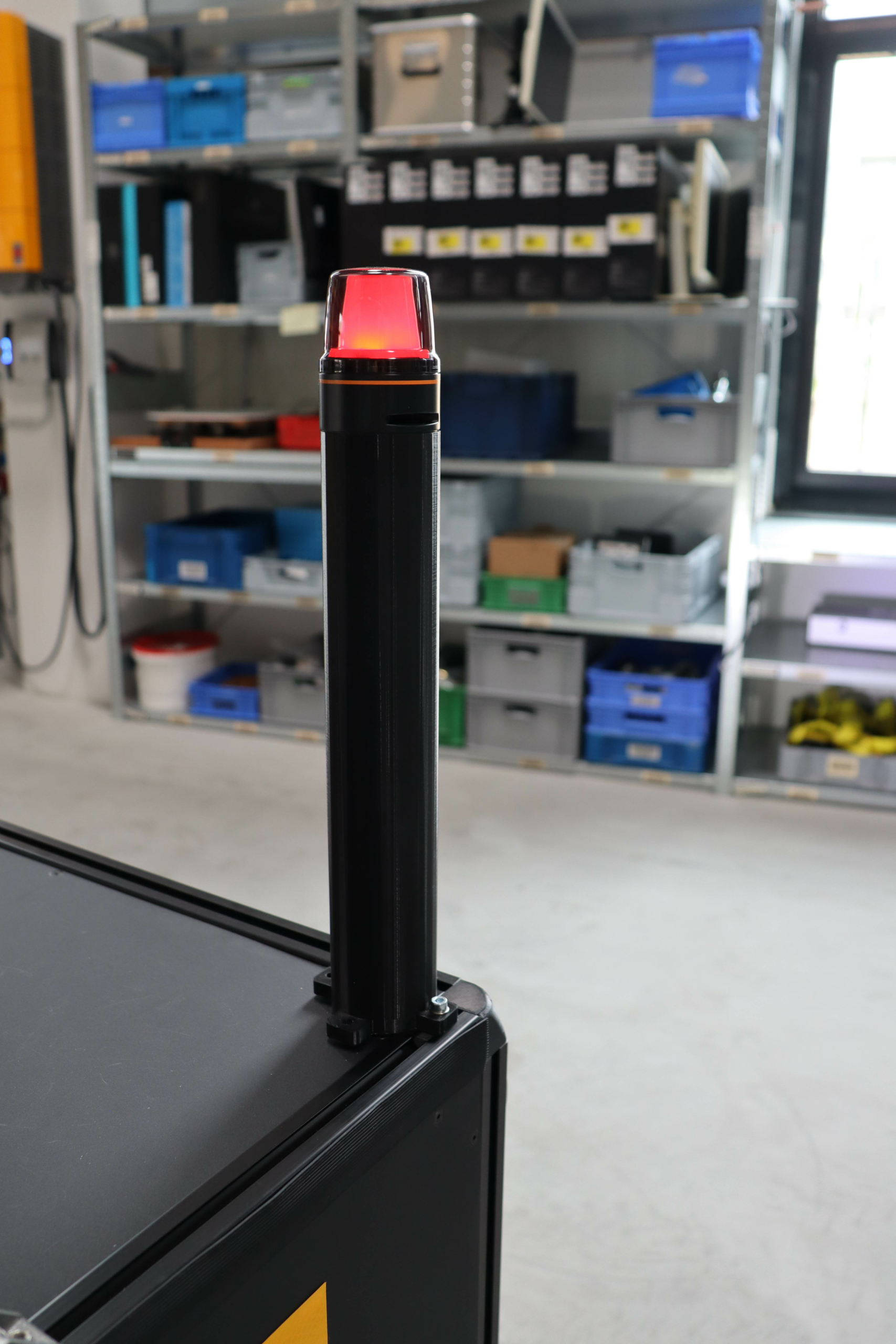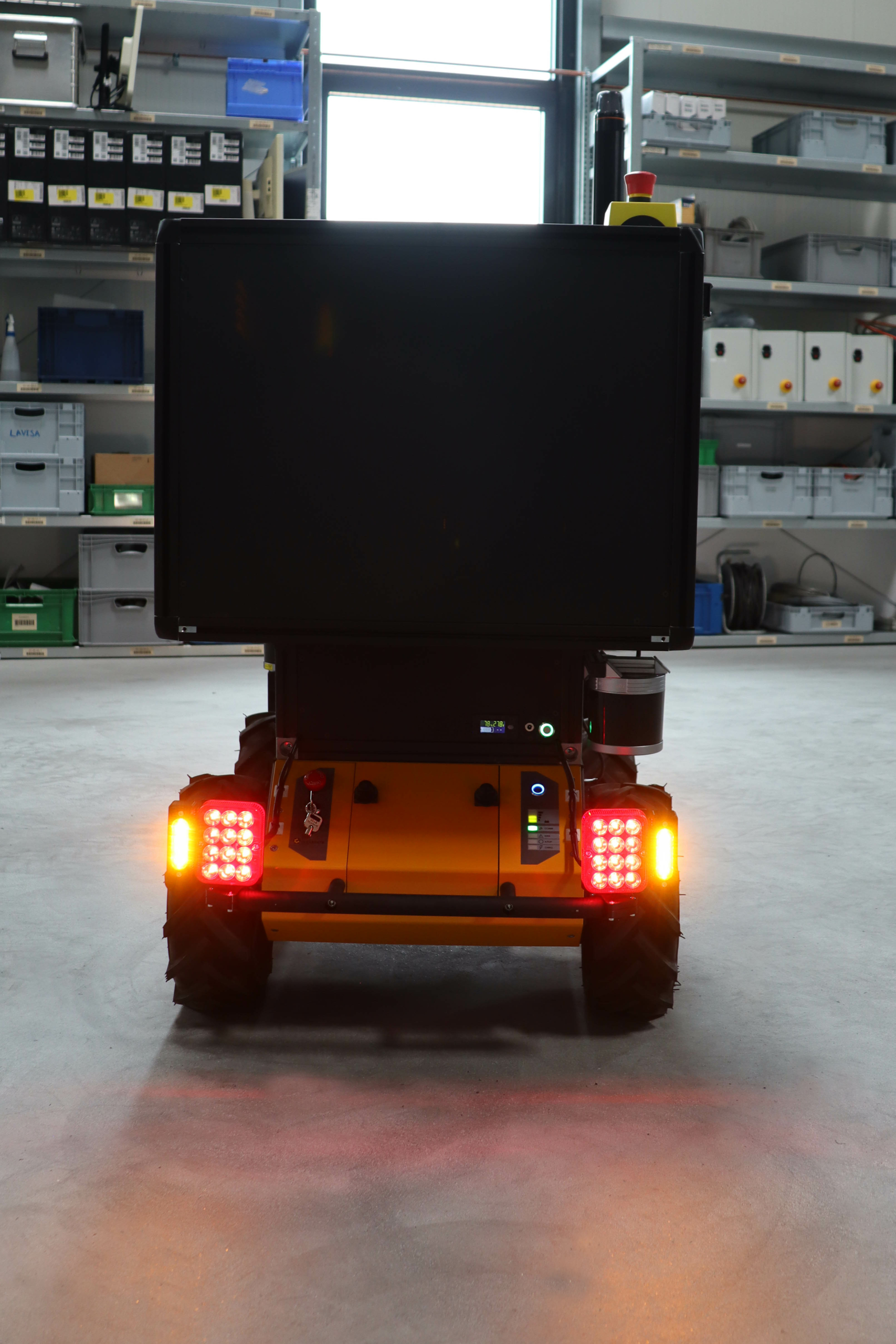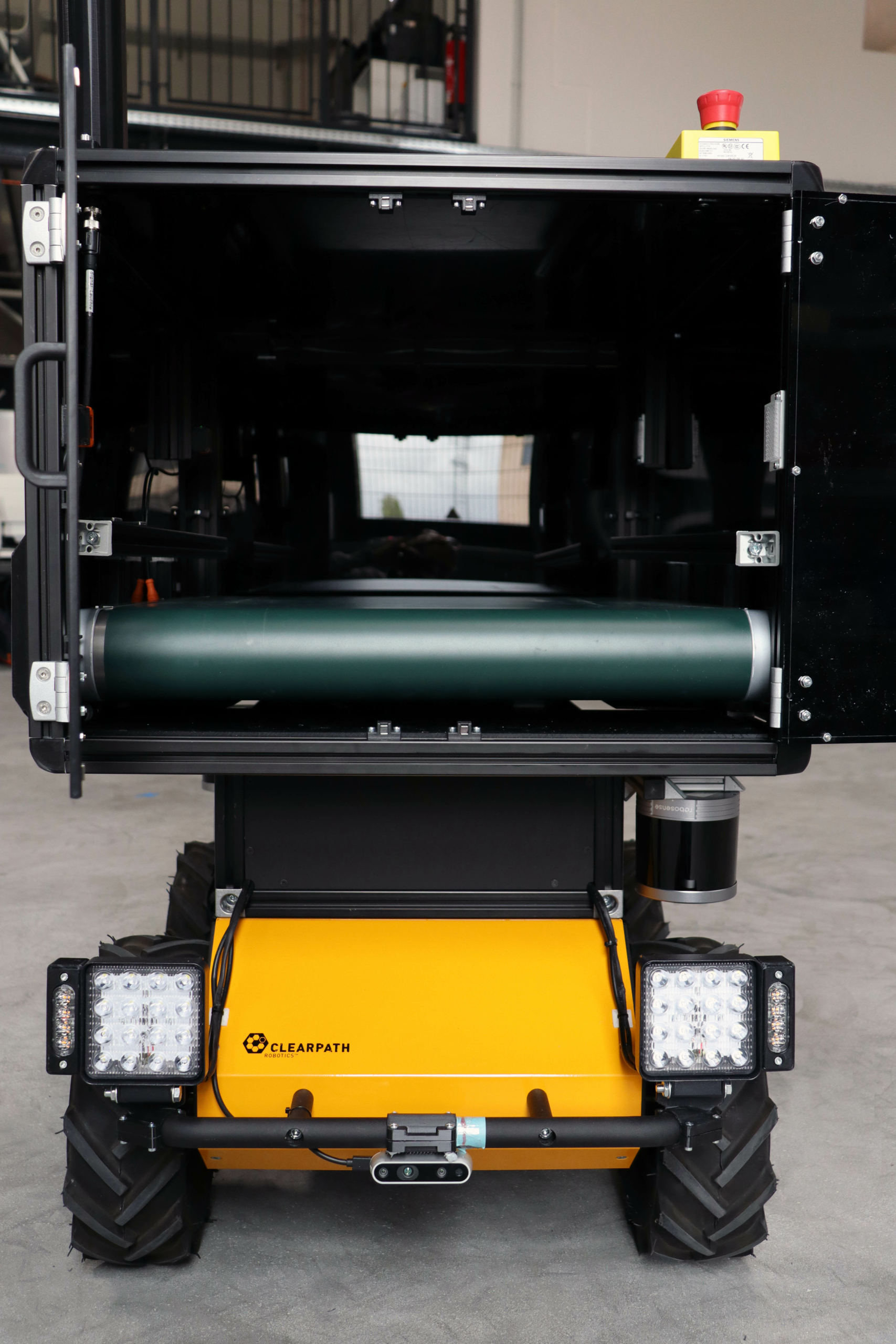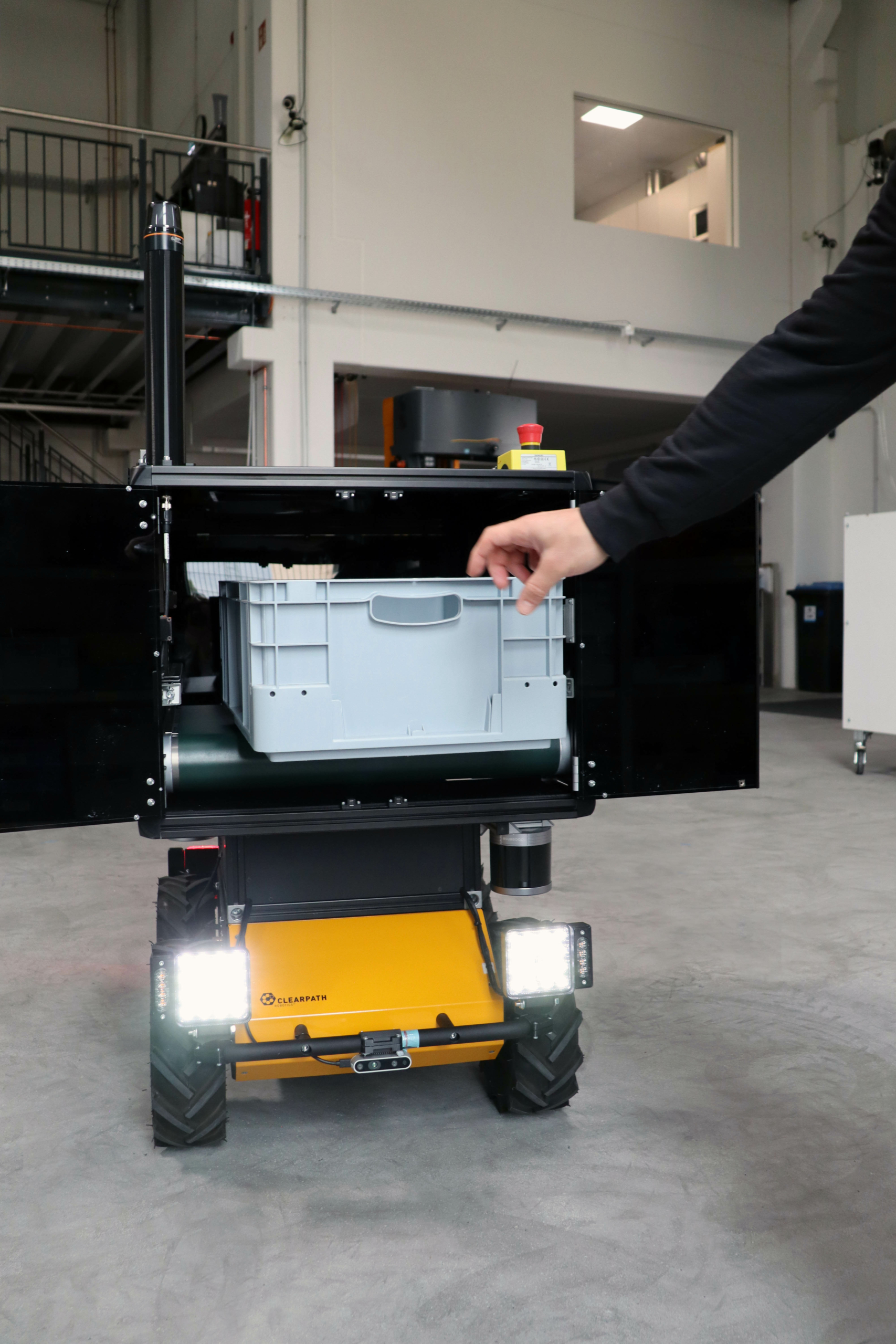ProDiGieS
Research project: ProDiGieS – Production systems for the digitalized aviation industry based on efficient service architectures
Research area: Mobile robotics and simulation
Funded by: Federal Ministry of Economics and Climate Protection
In cooperation with:
- Airbus Operations GmbH
- Siemens AG
- Fraunhofer IFAM
- Institut für Flugzeug-Produktionstechnik IFPT / TUHH
- DLR
Start of the project: 01.09.2022 (handover of funding decision)
End of the project: 30.11.2025
ABOUT THE PROJECT
Research area: Mobile robotics and simulation
In the ProDiGieS project, the Institute of Technical Logistics and the Institute of Aircraft Production Technology at TU Hamburg are focusing on increasing ecological and economic efficiency along the company’s internal logistics process chain. The entire logistics chain from goods receipt at a central warehouse to the installation site in the aircraft is taken into account and automation and digitalization are designed.
An express supply route is to be implemented using a highly automated delivery vehicle. This will enable a rapid special supply of missing parts between the buffer warehouse and the point of use. The project involves the design and implementation of the delivery vehicle for operation on the factory premises and the development of a transfer station for downstream process steps. By embedding these innovative automation solutions in a holistic concept for intralogistics, a long-term contribution will be made to maintaining competitiveness.
A simulation library is being developed for the entire logistics chain in order to be able to meaningfully evaluate the options for action and their impact on the logistics chain between goods receipt and installation site. In the long term, this should enable the evaluation of intralogistics systems with regard to their economic efficiency, ecological sustainability and social concerns. The result will be a concept for a library and a prototype that will accelerate the modeling process in material flow simulation. In order to significantly reduce the ecological footprint in production-supplying logistics, sustainability aspects in particular are to be taken into account in the evaluation alongside economic parameters.
